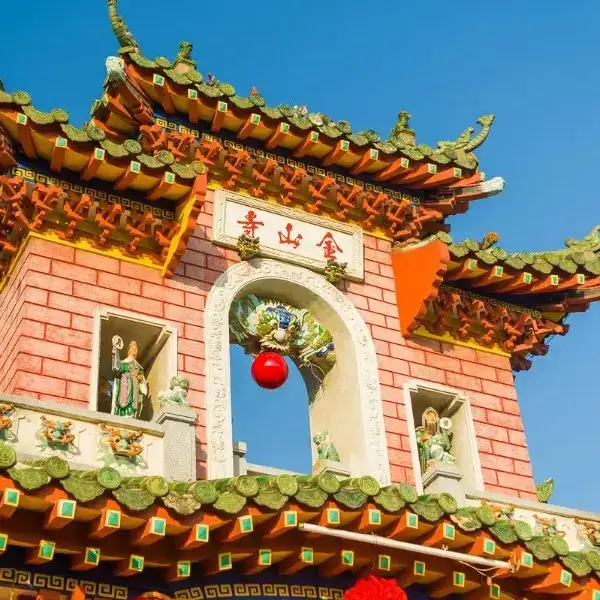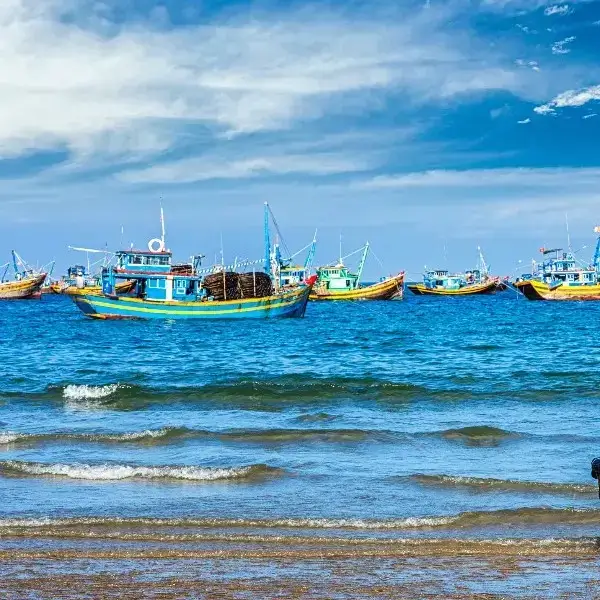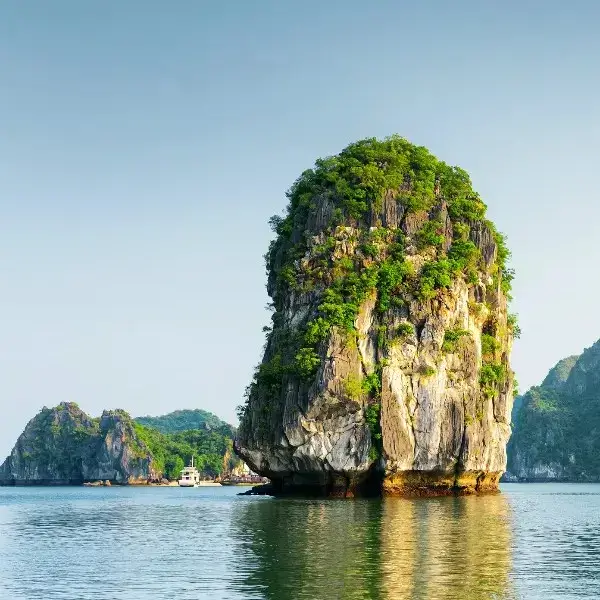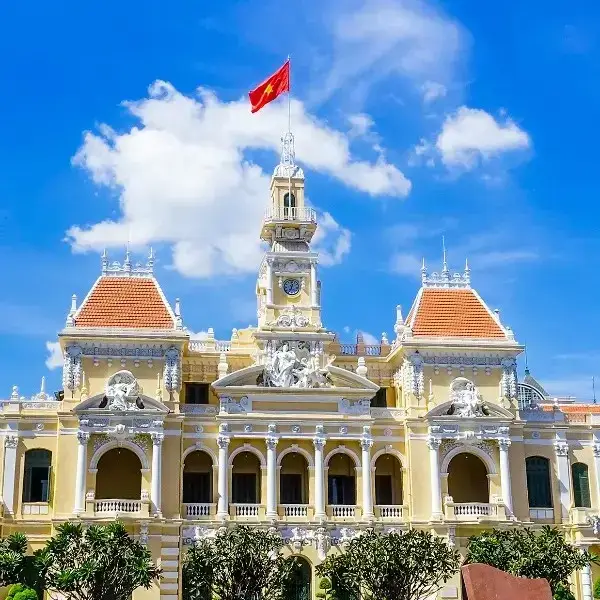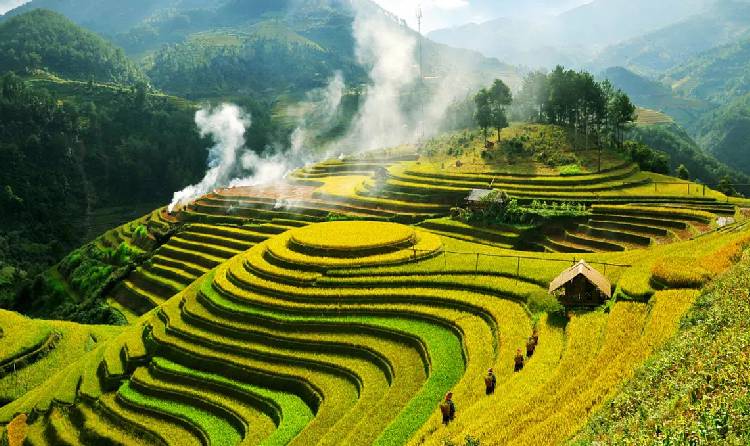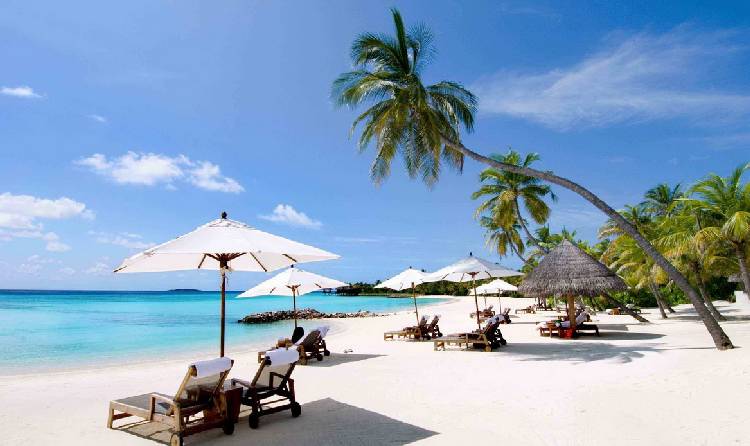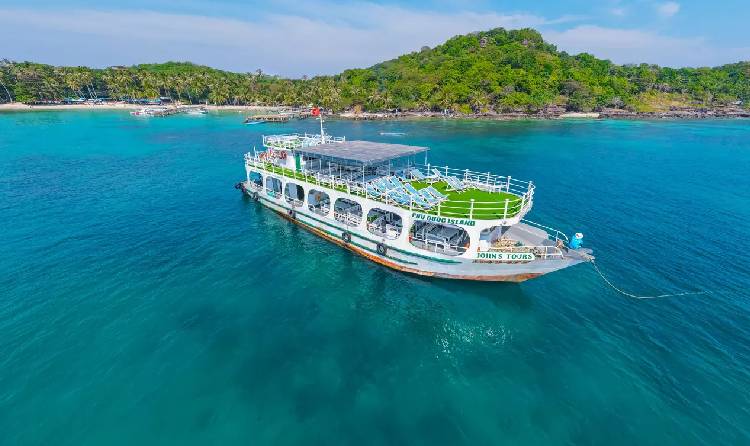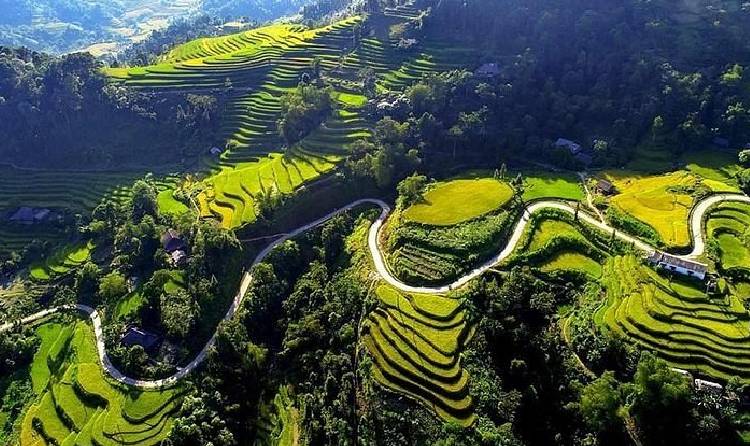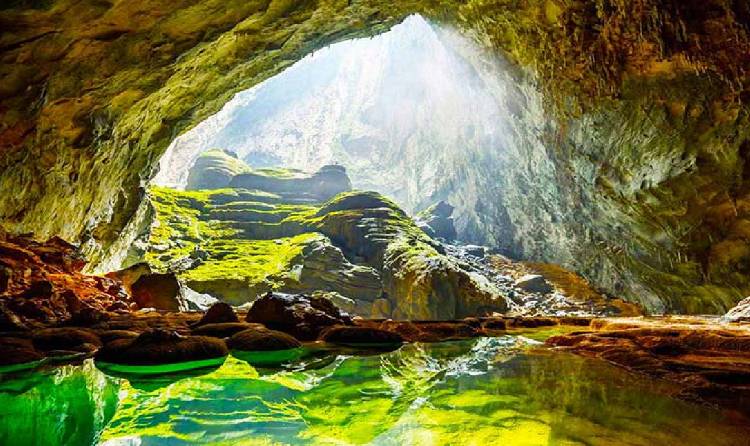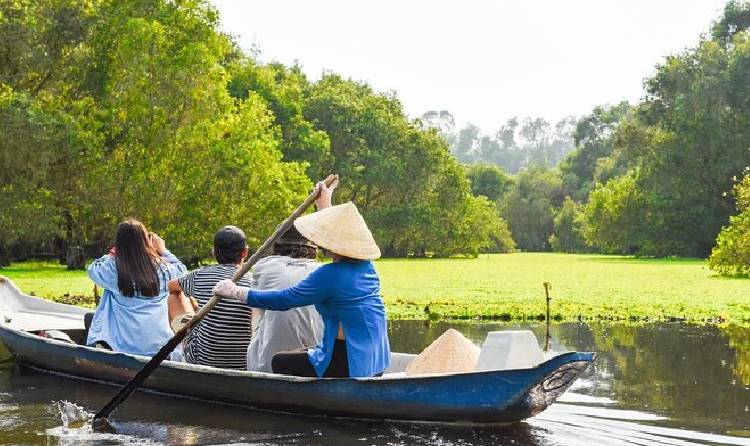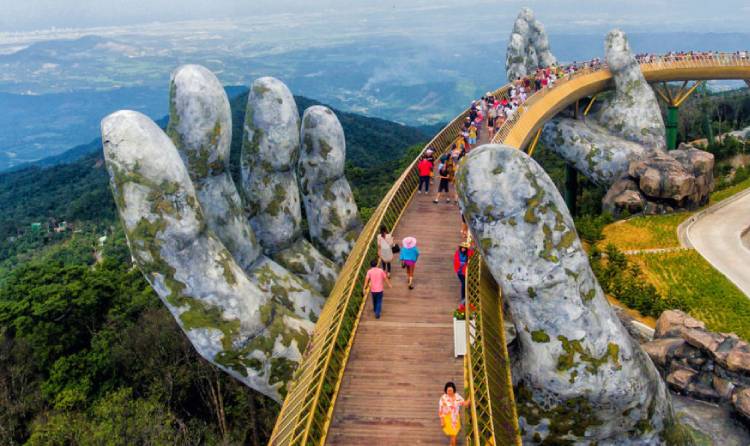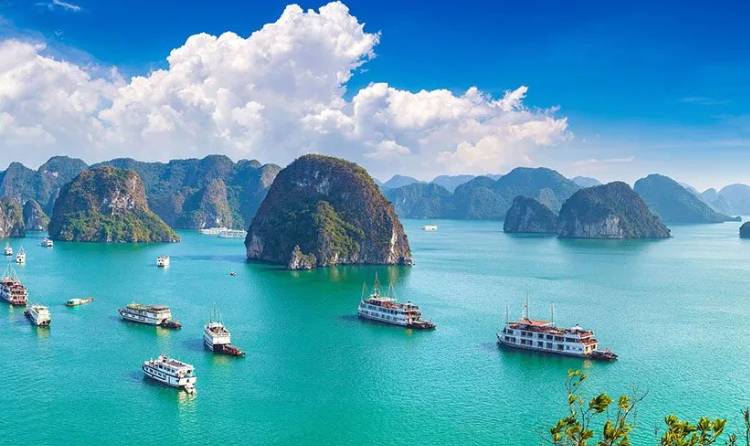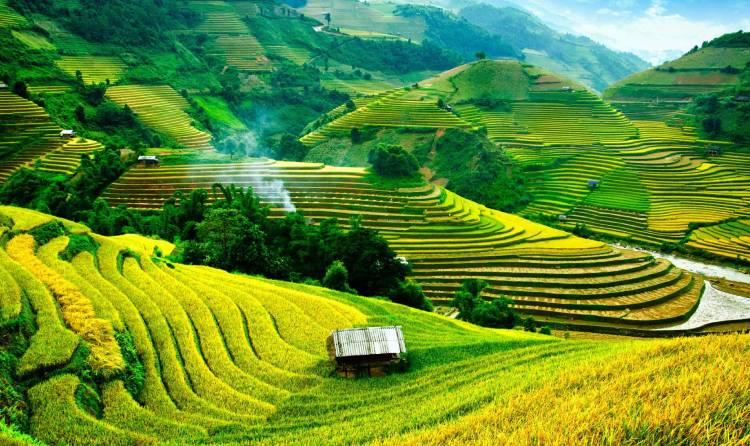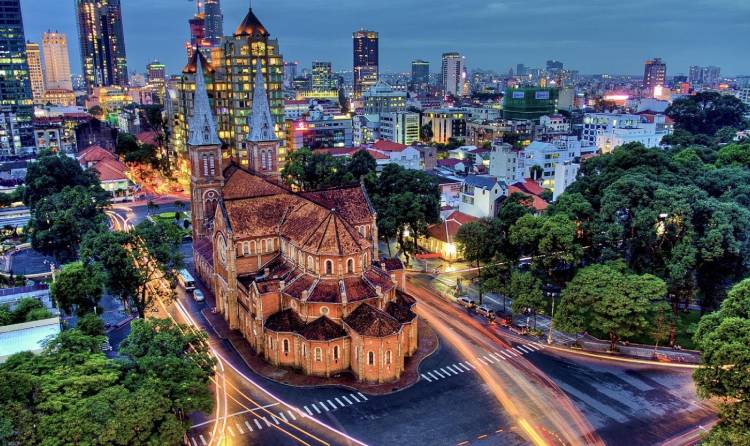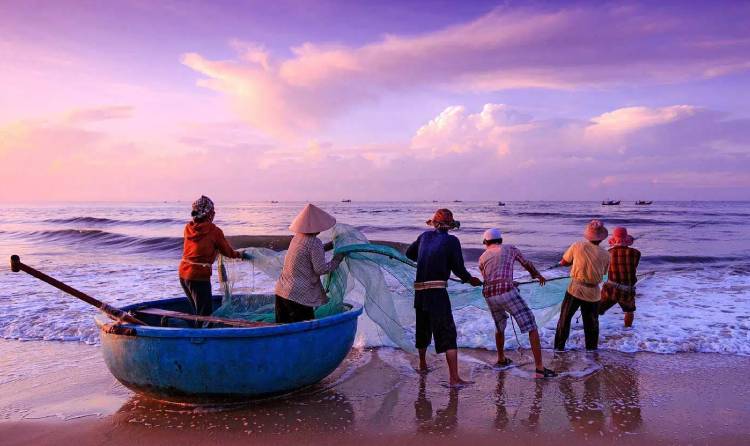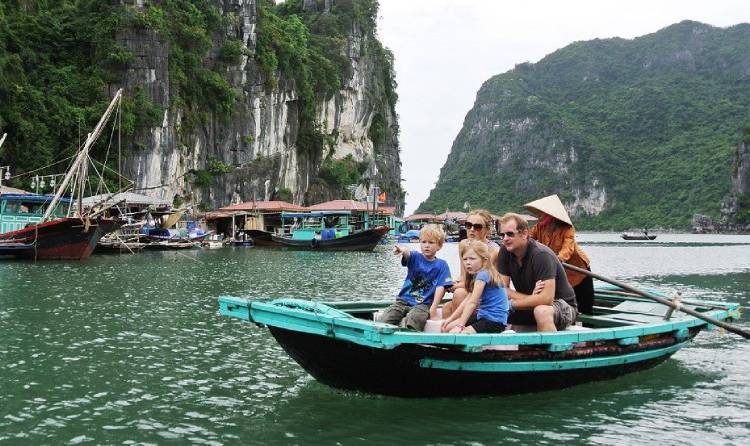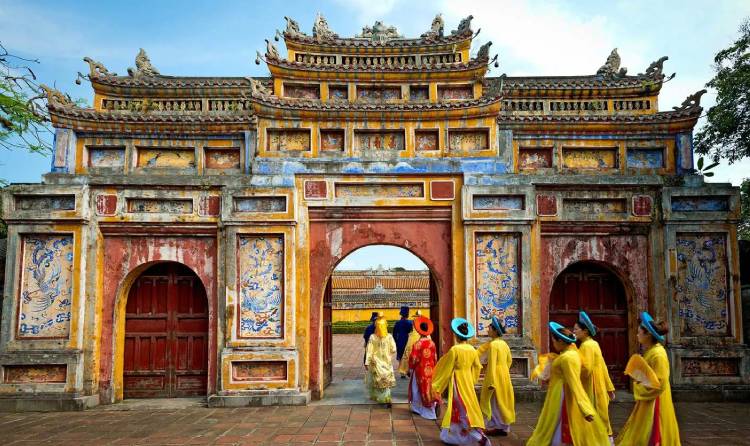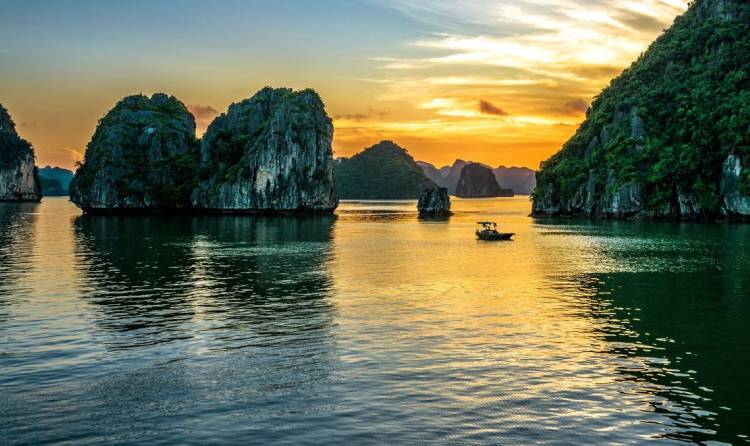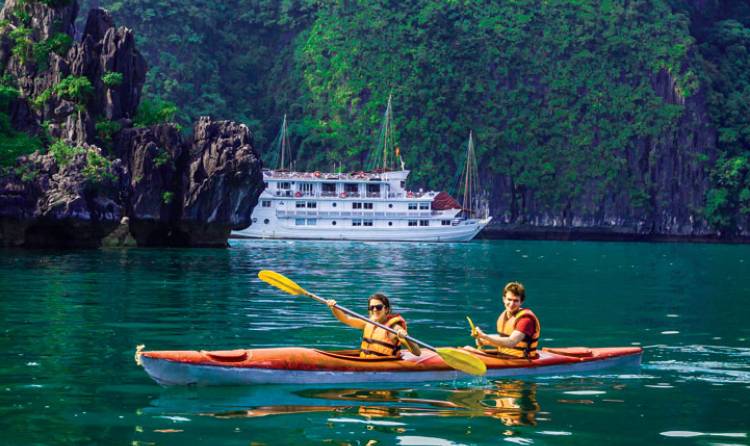Vietnam Travel Guide & Tourism
Vietnam, a vibrant country in Southeast Asia, is a kaleidoscope of vivid colours, profound history, and diverse landscapes. Known for its breathtaking natural beauty, ranging from lush rice terraces in the north to pristine beaches along its extensive coastline, Vietnam has captivated the hearts of travellers worldwide. Its cities are a harmonious blend of ancient temples and modern skyscrapers, with street vendors selling traditional Vietnamese cuisine alongside bustling markets. This travel guide aims to unfold Vietnam's many facets, making it an unmissable destination for first-timers and seasoned travellers alike. Whether you're drawn by its cultural richness, culinary delights, or natural wonders, Vietnam promises an experience that is both enriching and exhilarating.
Guide to Planning Your Trip to Vietnam
Planning a trip to Vietnam can be as exciting as the journey itself. To ensure a smooth and memorable experience, a few key aspects need consideration.
Best Time to Visit
Vietnam's climate varies significantly from north to south, making certain times of the year more ideal for visiting specific regions. Generally, the best months to visit are from November to April, when the weather is relatively cool and dry. However, if you wish to avoid the peak tourist seasons, consider traveling during the shoulder months like October or May. Be mindful of the monsoon season between May and October, especially if you're planning to explore the central and southern parts of the country.
Trip Duration
Determining the length of your stay depends on your interests and the breadth of experiences you wish to have. Typically, a two-week itinerary allows for a comprehensive exploration of Vietnam's main attractions, from the cultural depth of Hanoi and Hue to the natural splendor of Ha Long Bay and the Mekong Delta. However, even a week-long trip can be fulfilling if planned thoughtfully, focusing on specific regions or themes.
Visa Requirements
Visa policies in Vietnam vary depending on your nationality. Most travelers require a visa, which can be obtained either through a Vietnamese embassy or via the e-visa system. Indian travelers, in particular, can benefit from the e-visa option, which is a straightforward and time-saving process.
Budget Planning
Vietnam is known for being a budget-friendly destination. However, costs can vary based on your travel style, choice of accommodation, and itinerary. On average, budget travelers can expect to spend around $30 to $50 per day, while those seeking more comfort might spend upwards of $100 per day. It's always wise to allocate a little extra for unforeseen expenses, souvenirs, and unique experiences that might arise during your travels.
Vietnam's Highlights
Vietnam captivates with its cultural and natural splendors. Famous for its rich history, the country boasts heritage sites like Hanoi's Imperial Citadel of Thang Long and the ancient town of Hoi An, a UNESCO World Heritage Site. Vietnamese cuisine, with its globally celebrated dishes such as pho, banh mi, and fresh spring rolls, is a gastronomic delight. The diverse landscapes range from Sapa's terraced rice fields to Ha Long Bay's surreal beauty. The Vietnamese people's warmth and hospitality further enhance the country's appeal.
Weather Insights
Vietnam's varied climate calls for thoughtful planning. The north features cooler, dry winters and hot, humid summers with significant rainfall. The central region sees a hot and dry climate, shifting to rainy from September to December. The south enjoys a tropical climate, split between dry (November to April) and rainy seasons (May to October). The central highlands experience a temperate climate, cooler in the winter months.
Travel Tips
Currency and Costs
The Vietnamese Dong (VND) is the local currency. While credit cards are accepted in urban and tourist areas, cash is essential in rural regions. ATMs are common in cities. Vietnam is known for its affordability, though prices vary by region and luxury level.
Transportation
Vietnam's transportation ranges from city taxis and motorbike taxis to buses, trains, and domestic flights for longer distances. Motorcycle rentals are popular but require a valid license and caution.
Accommodation
Vietnam offers diverse lodging options, from hostels to luxury resorts. Advanced booking is advisable, especially in peak seasons. Homestays provide a unique local experience, especially in rural areas.
Local Customs
Respect for Vietnamese traditions is key. Modest dress is recommended for religious sites, and shoes should be removed when entering homes. Greetings usually involve a bow or nod, though handshakes are increasingly common. Learning basic Vietnamese phrases is appreciated.
Connectivity
Vietnam has widespread internet access, with Wi-Fi common in hotels, cafes, and restaurants. Affordable local SIM cards offer convenient data plans.
Equipped with these insights, travelers can thoroughly enjoy and respect Vietnam's rich culture and landscapes.
